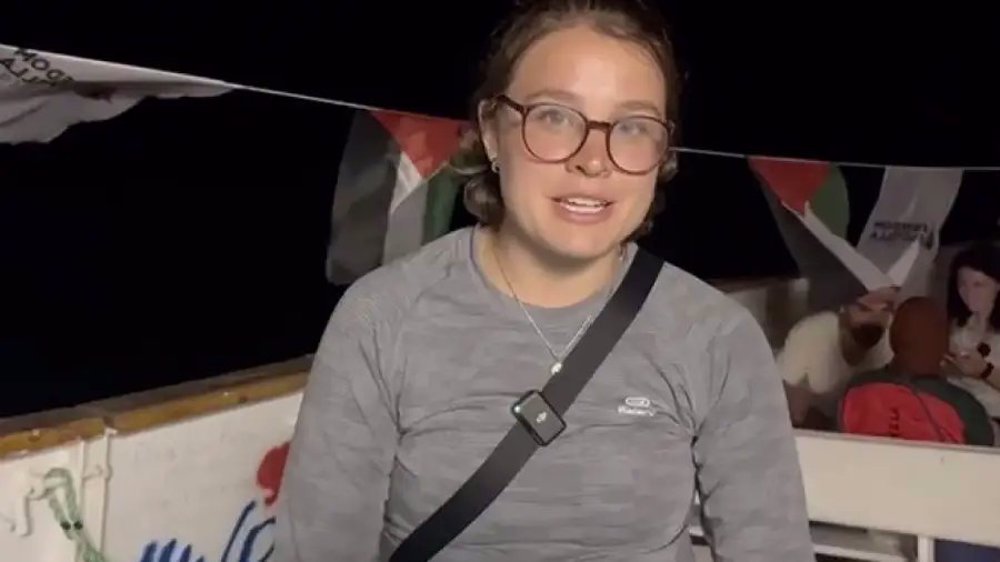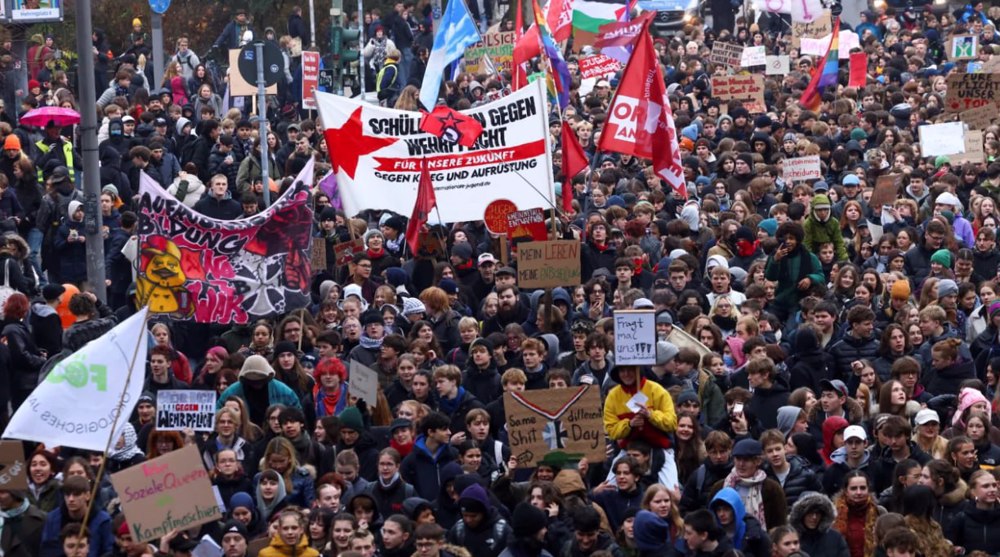1000s stage protest against G7 summit in Germany
Thousands of people have taken to the streets in the southern German city of Munich to protest against the upcoming summit of the Group of Seven (G7) major industrialized countries.
Police said about 23,000 people took part in Thursday’s protest in the Bavarian capital, which was organized by environmentalists and globalization opponents.
Some demonstrators marched behind a banner, reading, “stop the TTIP (the Transatlantic Trade and Investment Partnership deal), save the climate, fight poverty.”
According to a recent poll, some 43 percent of Germans believe that the TTIP, a free trade agreement currently under negotiation between Europe and the US, is bad for their country.
Participants in Thursday’s protest also criticized the industrialized countries for their failure to take action on pressing global issues such as free trade agreements, poverty, climate change and migrants rescue.

The group Stop G7 Elmau 2015 wrote on its website that “the richest and most powerful countries in the world lay claim to decide the fate of the entire world, without having any legitimization for this."
"The G7 politics means neo-liberal economic policies, war and militarization, exploitation, poverty and hunger, environmental degradation, and [shutting out] refugees," the group added.
The protest comes as leaders of the G7 group, which consists of Canada, France, Germany, Italy, Japan, Britain and the US will meet in the town of Elmau in the German state of Bavaria on June 7 and 8.

They are expected to discuss a number of issues, including health, poverty reduction, international trade and global crises at the two-day summit.
The group has its origin from the Group of Six (G6) that was formed in 1975. It then changed to the G7 in 1976 with the addition of Canada, and to the G8 with Russia joining in 1998. Later in 2014, Russia was excluded from the group over the crisis in Ukraine.
SSM/KA/HMV
Condemnations pour in after US bombing of Venezuela, kidnapping of Maduro
Gen. Soleimani represented resistance to interventionism in Global South: Analyst
‘Stronger resistance, declining US power’: IRGC marks Gen. Soleimani’s legacy
Harnessing one of world’s largest wind corridors in Iran
Iran denounces US strikes on Venezuela, urges UNSC to stop aggression
UN rights chief urges halt to Israeli plan to legalize execution of Palestinians
Trump claims Venezuelan President Maduro kidnapped, flown out of country
Iran says US assassination of Gen. Soleimani was a cowardly act of terrorism










 This makes it easy to access the Press TV website
This makes it easy to access the Press TV website